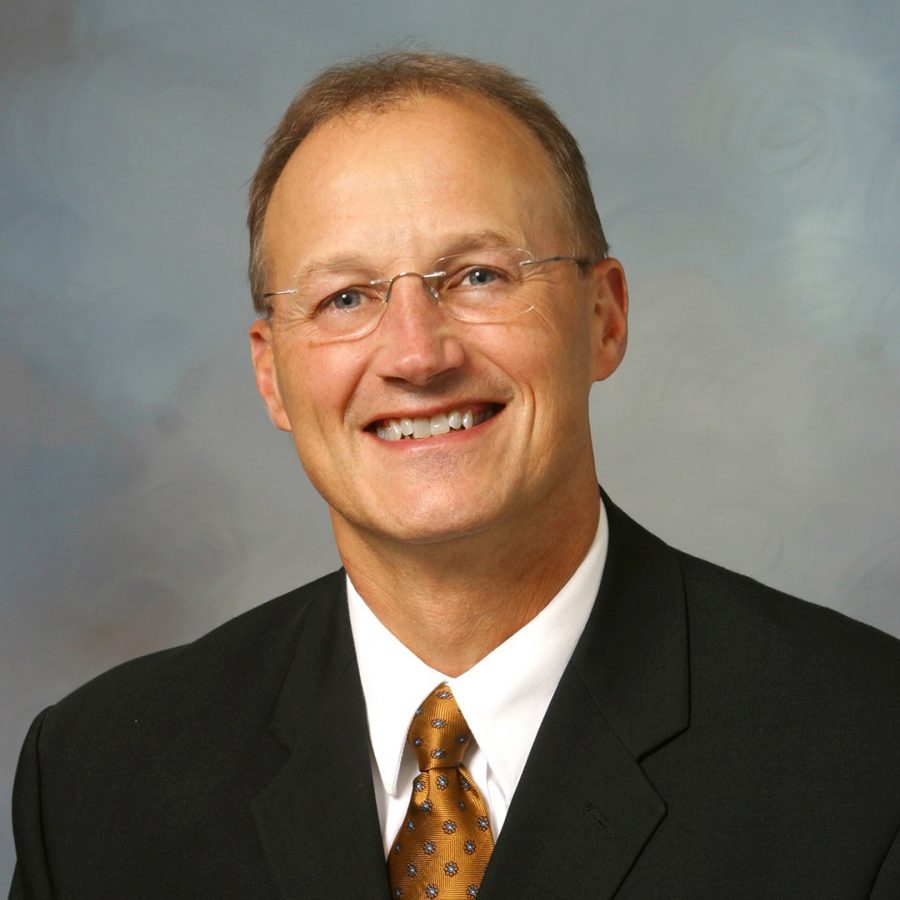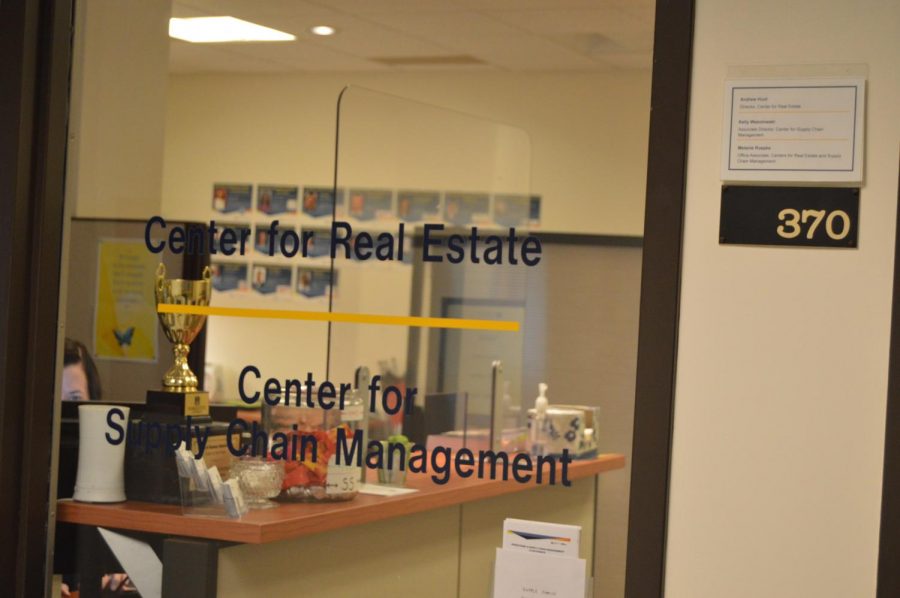Two major points came out of Tuesday’s business forum on future green job growth in Wisconsin.
A panel of experts said more money needs to arrive as expected from part of the American Recovery and Reinvestment Act — commonly known as the stimulus package — and potential candidates to fill the new jobs require higher levels of education and skill sets.
Before the panel spoke, Milwaukee Mayor Tom Barrett gave a speech on his blueprint of the green job movement.
“Green jobs are a continuum of what jobs are now,” Barrett said. “Since work is done at the local levels, it is important to us to be involved in this. We have such a need for business development.”
Money appropriated as a part of the stimulus package, the panelists said, has been slow to arrive and will largely determine the future of green jobs in Milwaukee and Wisconsin.
“There’s been a lot of talk, but very little has actually entered the market,” said Tom Boldt, chief executive officer of Oscar J. Boldt Construction in Appleton. He added that he expects 2010 and 2011 to attract more funds.
Clay Nesler, vice president of global energy and sustainability for the building efficiency sector of Johnson Controls, said the stimulus package had the unintended consequence of halting projects that were in progress because workers and investments slowed while waiting for the “free money.”
He added he hopes companies can attract matching funds and create projects with “seed money,” funds that can be extrapolated over a longer period of time.
The described longer period of time involves integrating the new workers into the workplace. The jobs that have the potential to be created offer higher salaries on average, but require a corresponding higher level of available skills, the panel said.
Michael Lovell, engineering dean at University of Wisconsin-Milwaukee, said there is typically more technology required to be green. He said students at UW-Milwaukee are training to obtain the necessary skill set.
Troy Runge, director of the Wisconsin Bioenergy Initiative, based at the University of Wisconsin-Madison College of Agricultural and Life Sciences, said this was an opportunity for small businesses and owners to showcase what they can do, and can help from a wage perspective.
In his speech, Barrett said the city is now the 11th poorest in the country and he is concerned about the workforce.
In Barrett’s early days as mayor, a citizen proposed and then ran with the idea of a “green team” to promote sustainability. Barrett said the city is now in a position to further the development of green jobs.
The panelists all agreed that a “green job” can be broadly defined as something providing a measurable impact on the environment and reliant on clean energy and technologies.
Lovell said a lot of the jobs can be created in the manufacturing sector, while Boldt and Nesler said there are opportunities in green energy sectors such as wind farms and automotive battery plants. Runge said there are new opportunities in biotechnology.
The panelists were tasked with discussing both the business and educational aspects of green jobs in the 90-minute forum, held at Discovery World, 500 N. Harbor Drive, and organized by WisPolitics.com. Roughly 180 people attended the event, according to a WisPolitics.com report.
Jeff Mayers, president of WisPolitics and a former Associated Press editor, moderated the event and said the discussion was heard equally from both sides. The event started at 7:30 a.m. and ended by 9 a.m. so the attendees could get back to their jobs, Mayers said.
Ray Walter, manager of renewable energy and sustainability at Waukesha County Technical College, attended the event and said there was good balance between talking with business and educational leaders. He said that balance was critical to the region moving forward in sustainability.







Annette Gelhar • Oct 27, 2009 at 10:27 pm
Tony, I sat next to you at this event. Very well done! Thanks for sending it–Annette